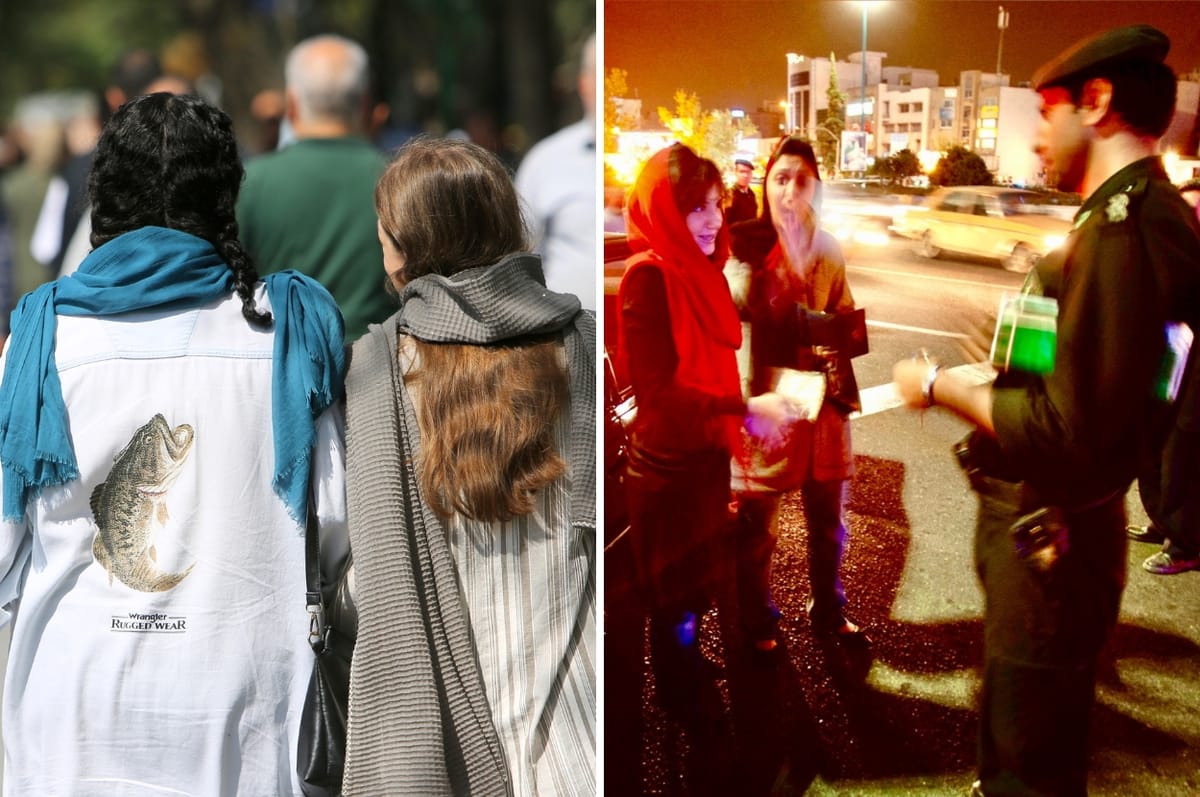Iran Will Pause A Harsher Dress Code Law After It Was Criticized For Jailing This Singer For Not Wearing A Hijab
While women in Iran already face punishments for not wearing a hijab, the new law would have introduced heavy fines and prison sentences for women “who do not cover their hair, forearms or lower legs”.
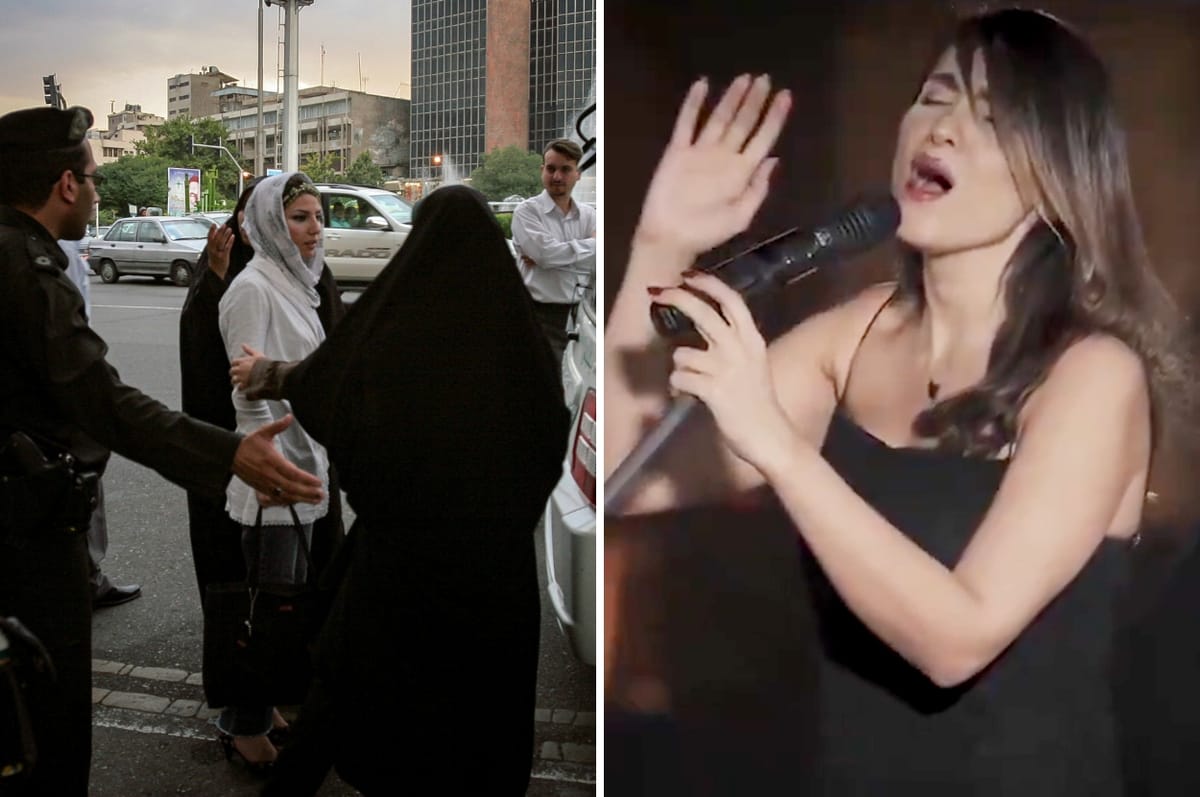
Iran has paused on enforcing a stricter hijab law after facing strong criticism from human rights groups and the public.
The law, which was set to take effect on Dec. 13, would punish anyone aged 12 and above for refusing to wear a hijab and those "promoting or advertising nudity" or "immodest dressing”, according to the UN.
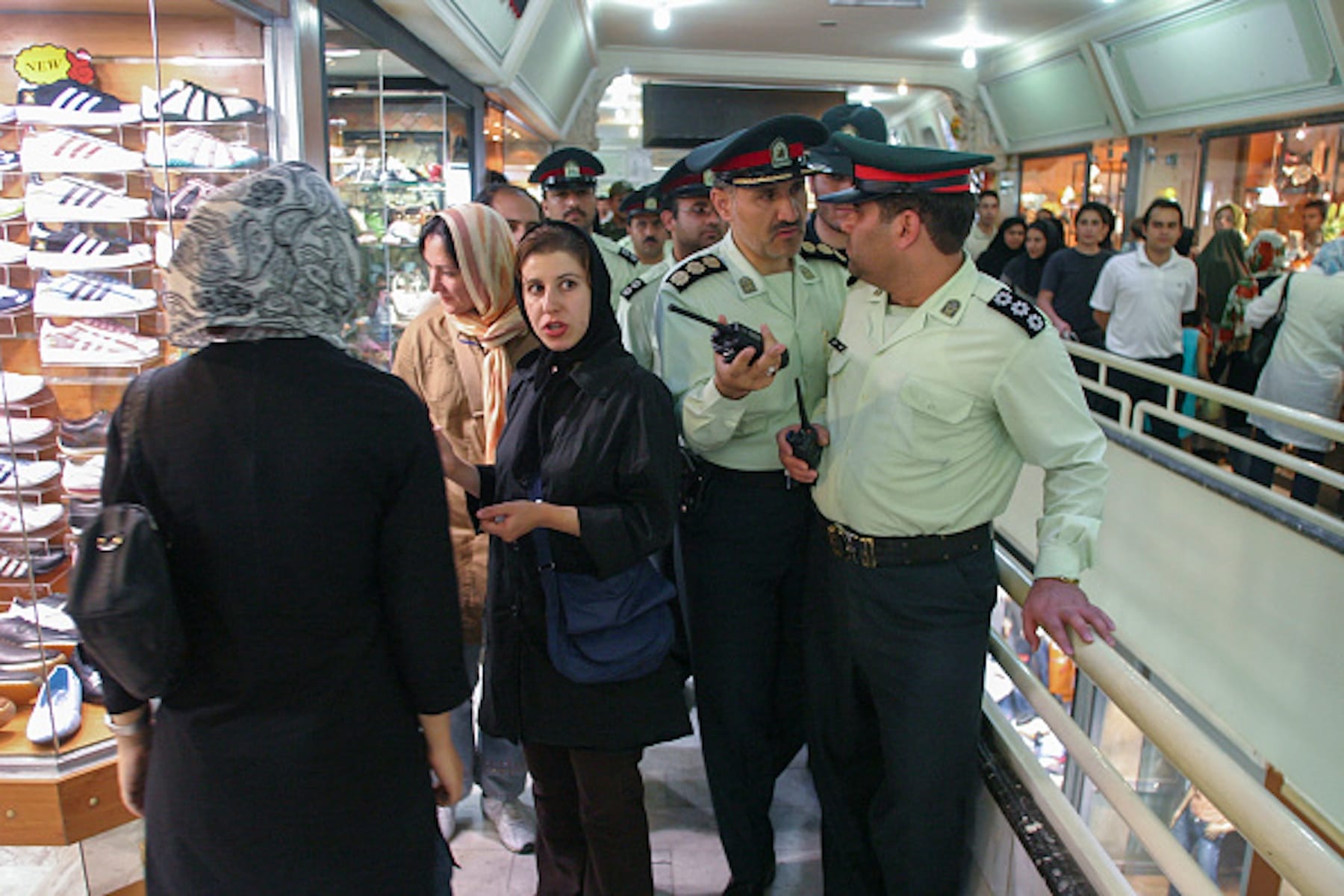
While women in Iran already face punishments for not wearing a hijab, the new law would have introduced heavy fines and prison sentences for women “who do not cover their hair, forearms or lower legs”.
Under the new law, repeat offenders could have faced up to 15 years in prison or a fine of around US$22,000, according to Amnesty International.
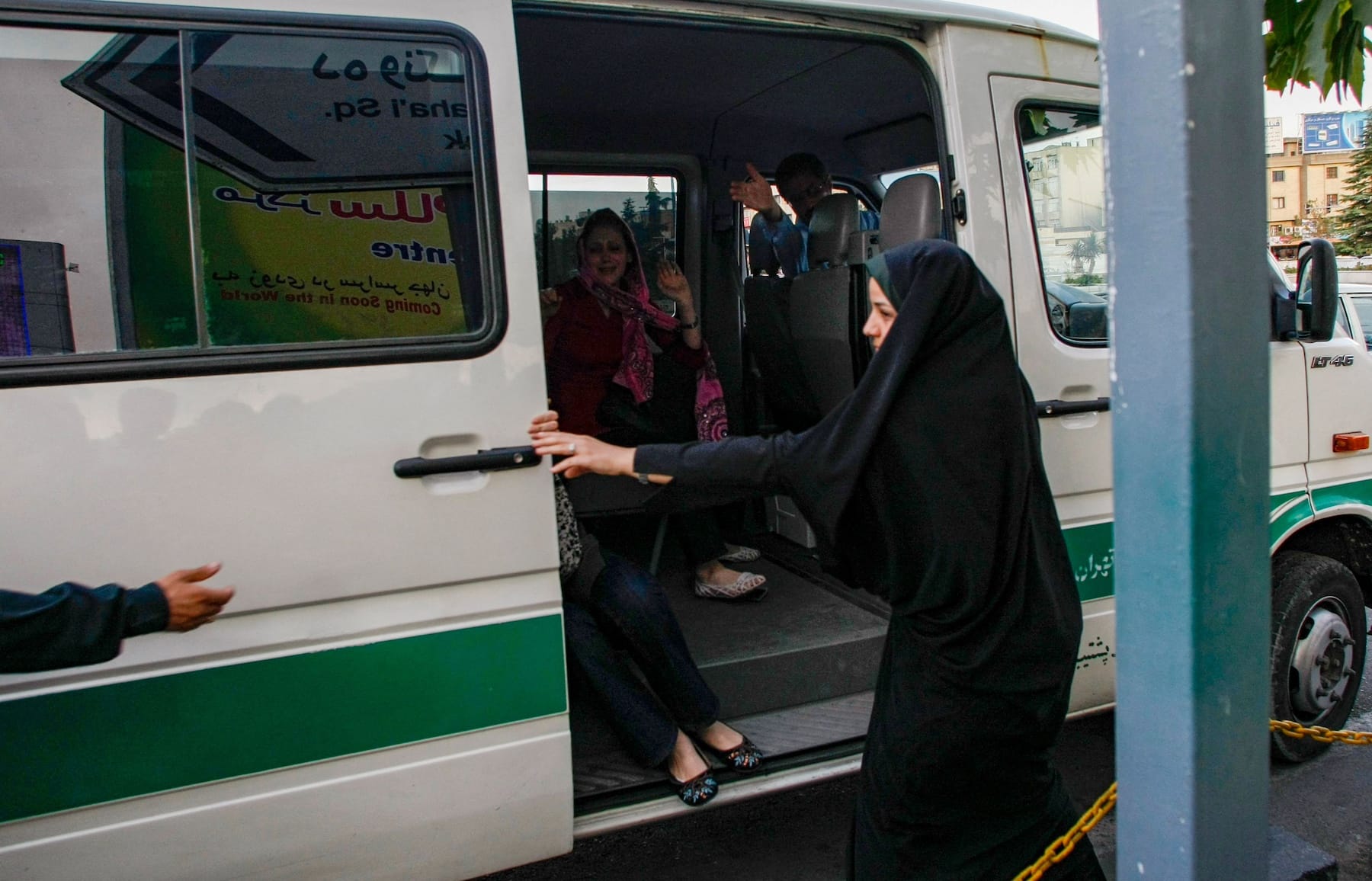
In addition, under the new law, Iranian authorities can charge women and girls who share videos without a hijab or protest the hijab rules with "corruption on earth", a crime that can carry the death penalty.
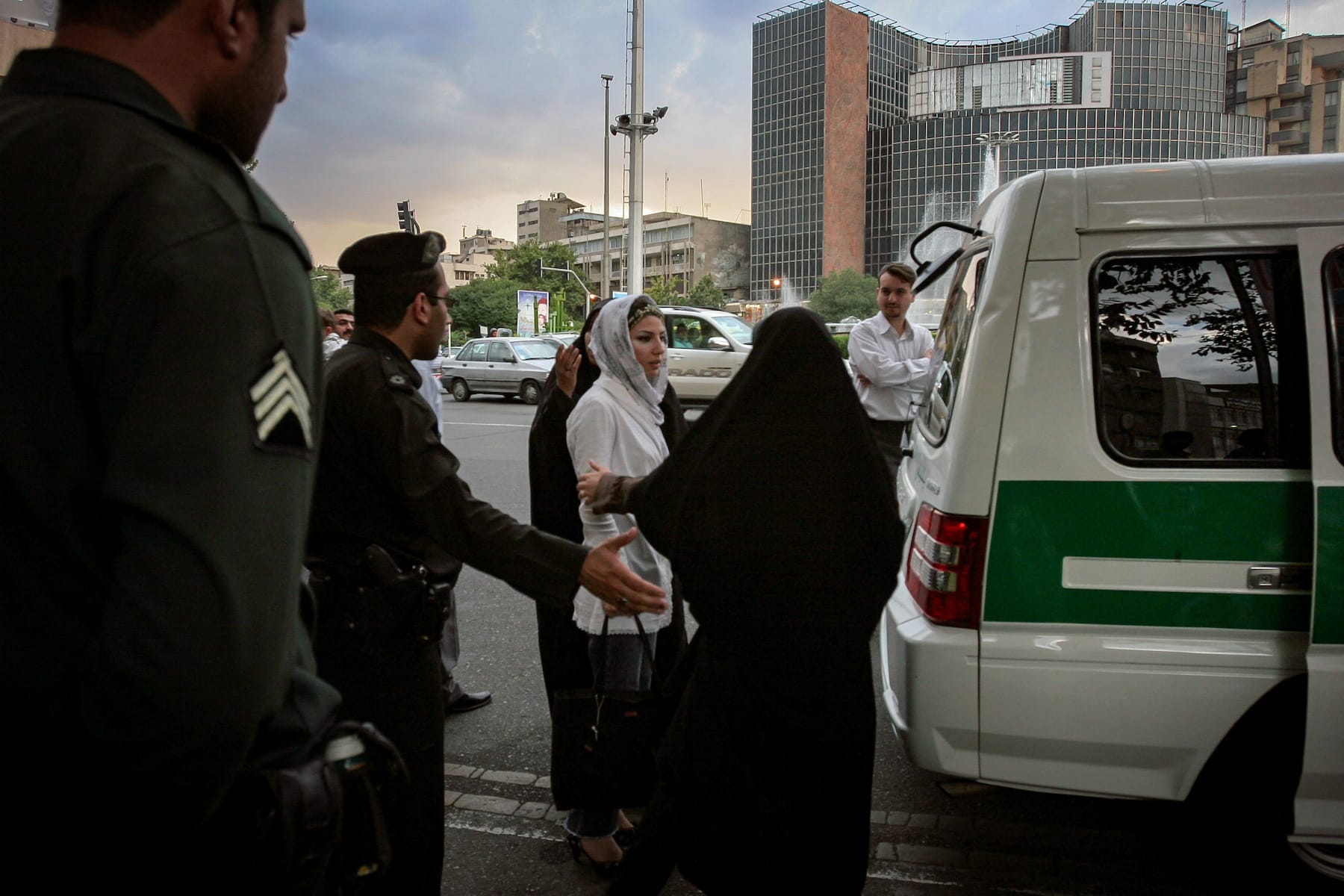
Along with long prison sentences and large fines, the law includes punishments such as flogging, travel bans and restrictions on education and work, Amnesty International reported.
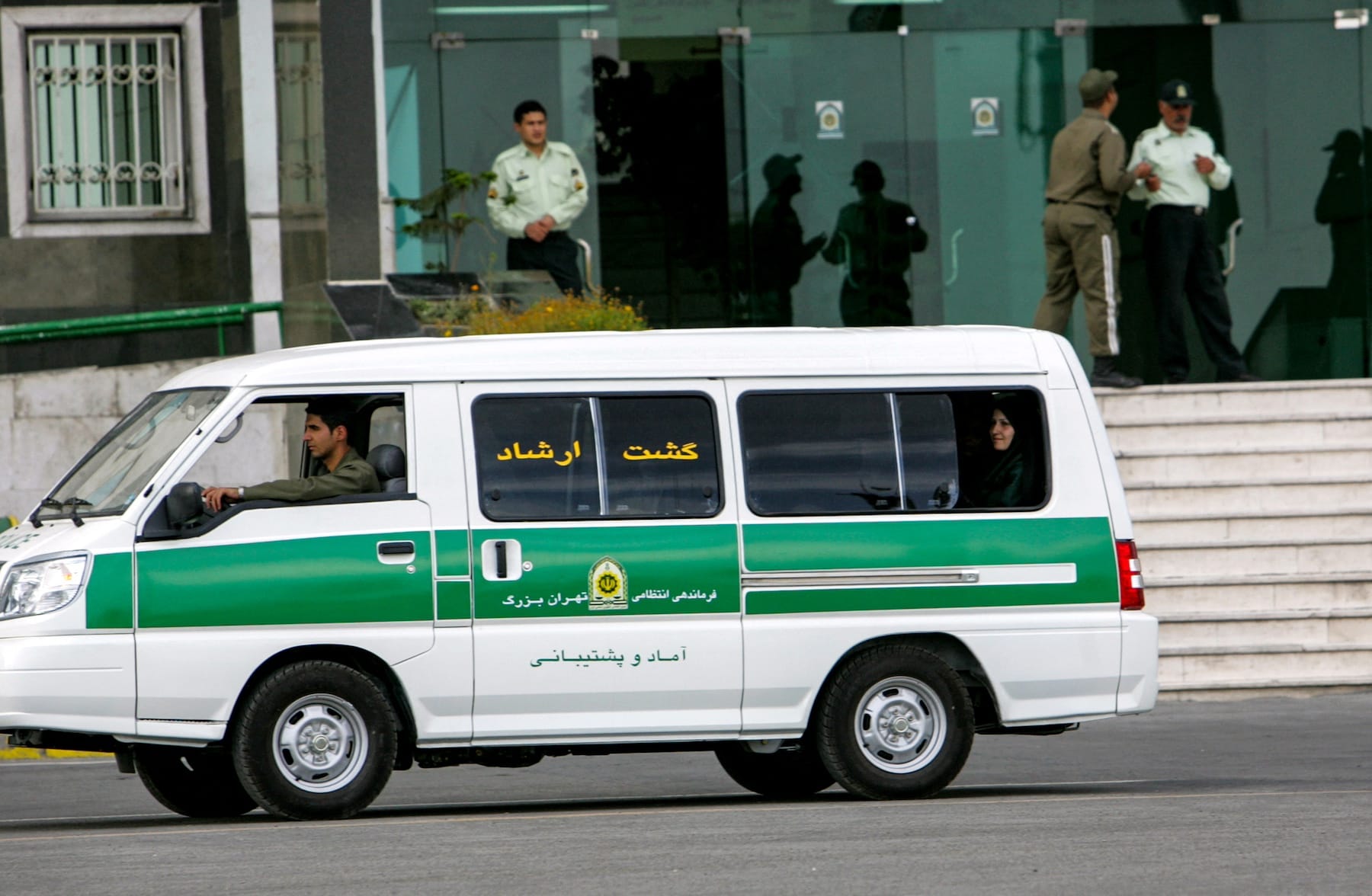
It also requires businesses to report people who violate these rules.
A week earlier, more than 300 Iranian activists, writers and journalists criticized the law as "illegitimate and unenforceable" and asked President Pezeshkian to fulfill the promises he made during his campaign, according to the BBC.
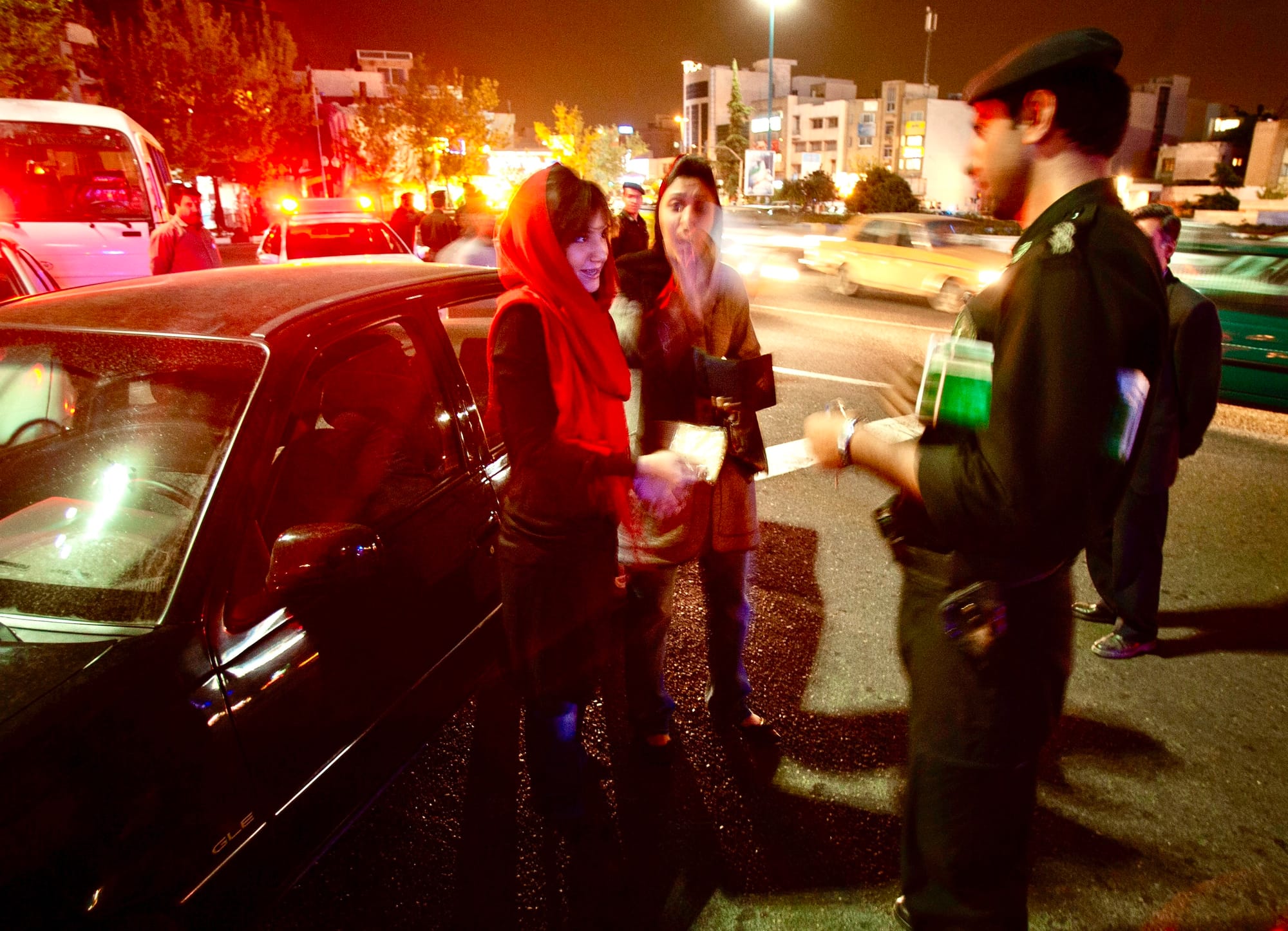
On Dec. 14, following the backlash, Iran announced it would pause the implementation of the new law, with president Massoud Pezeshkian calling it "ambiguous" and "in need of reform."
During his presidential campaign, Pezeshkian had promised to stop violence against women for dress code violations, according to Iran International.

The tension over the hijab law grew after Parastoo Ahmadi, a popular singer who performed without a hijab in a virtual concert, was arrested.
Her detention sparked public outrage, but she was released the next day due to the pressure from the public.

The announcement to pause the implementation of the new law indicates that the government may be concerned that it could lead to more anti-government protests that rocked the country following the death of Mahsa Amini, according to BBC.
Since then, Iran has brought back the so-called “morality” police, who have been cracking down on women for not following the mandatory hijab rules.
